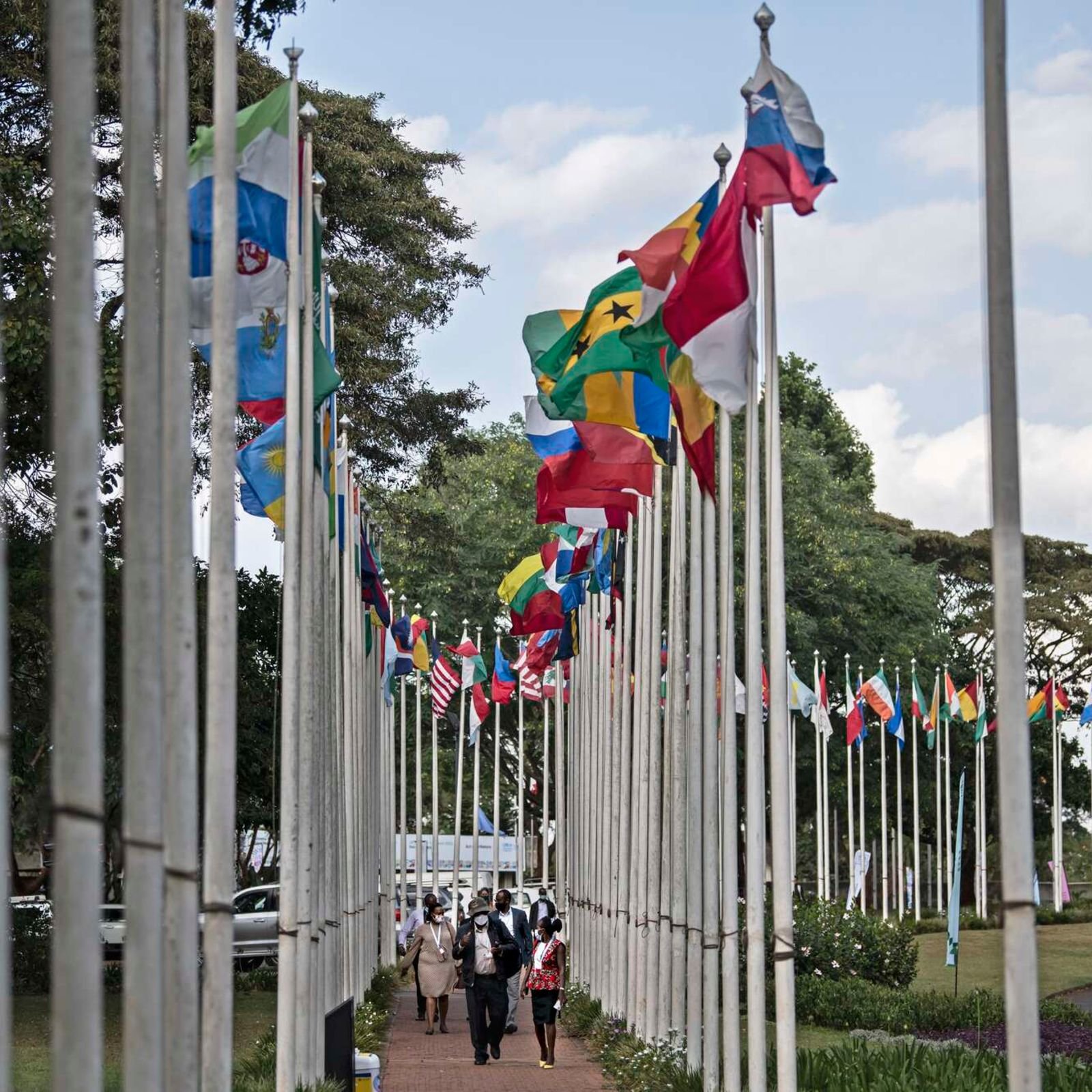The United Nations (UN) has announced plans to relocate the headquarters of three major agencies—UNICEF, UNFPA, and UN Women—to Nairobi by 2026.
This transformative move places the Kenyan capital in the company of just three other cities—New York City, Geneva, and Vienna—which host multiple UN global offices. It is part of the wider UN@80 reform agenda, as the organization approaches its 80th anniversary.
The decision also reinforces Africa’s growing strategic importance in international development and diplomacy. Nairobi already hosts 23 UN entities, including the United Nations Environment Programme (UNEP) and UN-Habitat, housed within the United Nations Office at Nairobi (UNON).
Speaking on the relocation, Secretary-General António Guterres pointed to cost-efficiency as a major factor, with operational costs in Nairobi being significantly lower than in traditional UN centers like Geneva or New York. Office rent, staffing, security, and logistics are markedly more affordable in Kenya’s capital.
But the move goes beyond financial reasons. Africa currently absorbs more than 60% of the UN’s humanitarian and development programming, prompting a realignment of resources to the regions most served. There are also ongoing discussions to relocate the regional hub of the United Nations Office for the Coordination of Humanitarian Affairs (OCHA) to Nairobi.
Also Read; TRA Sets Deadline for Online Sellers to Register
The relocation will make Nairobi a true international hub for diplomacy, policy, and humanitarian coordination. The city’s Gigiri complex, already a leader in green architecture, is undergoing upgrades to host high-level global events and additional personnel, with a new 9,000-seat assembly hall underway.
Economically, this move is poised to inject fresh energy into Kenya’s service and hospitality sectors. Analysts estimate the transfer will bring over 800 permanent UN staff to Nairobi and create indirect jobs in sectors such as accommodation, security, logistics, and translation services. It also means expanded opportunities for young professionals in Africa, especially in the areas of human rights, humanitarian response, and gender equity.
Politically, the relocation is being hailed as a step toward decolonizing global governance. African policymakers have long argued that decisions affecting the continent should be influenced and managed from within it. With Nairobi as a rising pillar of Pan-Africanism, this move signals a rebalancing of global power and visibility.







